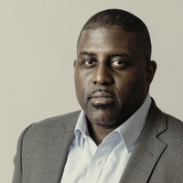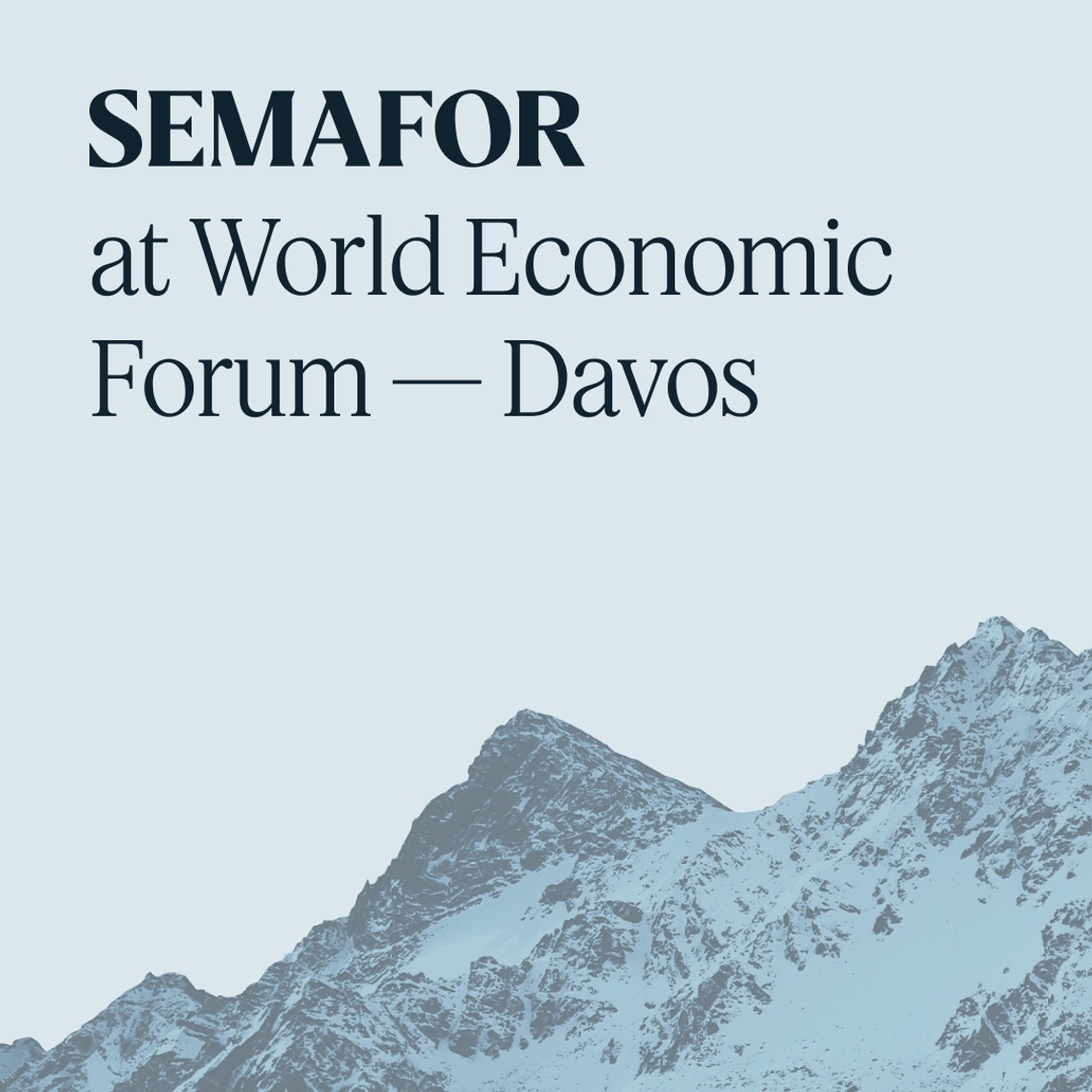 Courtesy Pierre Thiam Courtesy Pierre ThiamPierre Thiam is a world renowned, award-winning Senegalese-American chef, restaurateur and author. His most recent book, Simply West African, with Lisa Katayama, features recipes from the subregion. Thiam moved to New York from Dakar in the late 1980s where he worked in various restaurants and later co-founded Teranga, a fine-casual restaurant focused on selling food directly sourced from West African farmers. His company Yolélé sells food products to major U.S. retailers including Whole Foods and Amazon. 💡 What are some of the fundamental principles to succeeding in the food business? First, creativity in order to offer an experience that appeals to the senses. Then, attention to details makes good service. Thirdly, good accounting: Every penny counts. 💡 What sets West African cuisine apart on the global stage? West African cuisine deserves greater recognition. It has influenced many regions in the world. Particularly the Americas, through The Middle Passage, where traces of our cuisine can be found everywhere from Southern food in the U.S. to Latin America, the Caribbean, and even Mexican food. Further, West African cuisine is healthy and nutritious. The Lancet Report has ranked our traditional diet amongst the most nutritious and balanced in the world. 💡 What advice do you typically give to aspiring chefs on the continent trying to follow in your steps? Look for inspiration in your own cuisines. Travel in the countryside to learn about food from the terroir and be curious about food from other regions of the world. Early in my career, I wanted my food to be inspired by the cuisines of my traditions. When I was starting out, as a young cook in the so-called food capital of the world (New York city), Africa was pretty much absent, except for the occasional Ethiopian restaurants. I saw this as an opportunity. Eventually, this journey led me to opening restaurants, writing cookbooks and launching an African food brand (Yolélé). Today, I consider myself a custodian for the cuisines of my origins.  Courtesy: Pierre Thiam Courtesy: Pierre Thiam💡 Do you have a favorite African chef? I have friends who are doing great work out there, including: Kwame Onwuachi and Eric Adjepong in the US, Coco Reinarhz in South Africa and Burundi, Dieuveil Malonga in Rwanda, Michael Elegbede in Nigeria, and Christian Abegan in Cameroon and France. 💡 We have to ask you about jollof rice: as a person of Senegalese origin, who does it best? Ha! It’s difficult (impossible) to be objective about this. Everyone thinks his mother makes the best jollof. The beauty of food is that it transcends borders. The jollof wars highlights cultural unity within our beautiful diversity. 💡 What was the last book about Africa you read? I am presently reading Born In Blackness by Howard French. It’s a quite fascinating, time-traveling read highlighting the role Africa and Africans played in the making of the modern world. Next on my list is Frère d’Ames, a novel by David Diop that won the International Booker Prize. It’s about African soldiers during the First World War. . | 








